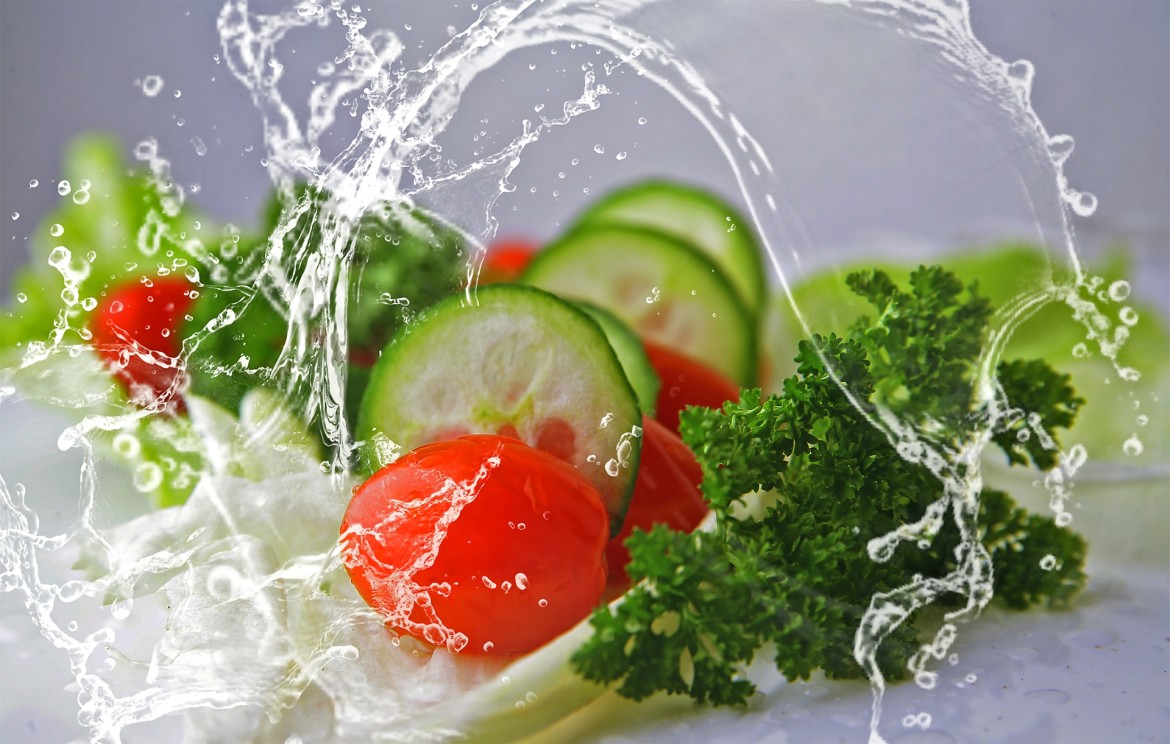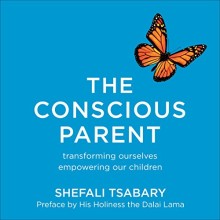Pre-Conception Nutrition and Diet
26 Jun, 2019We are what we eat has long been a phrase that’s been thrown around, often by parents trying to make you eat your greens or someone on a pedestal waxing lyrical on the inefficiencies in the government budget. But what is the connection between what we eat to what our children are?
Could we rephrase that to “Our children are what we eat” ?
I am interested in the effects of the pre-conception diet on a child’s development and immune system. I’ve explored some of my questions and research on pregnancy and nutrition in this video
Insert link to Youtube video on nutrition before and after pregnancy.
But let’s talk about pre-conception diet. How does what you eat now, affect your child born 5 – 10 years from now. Because believe it or not there is a tenuous relationship. The footsoldiers in your gut
Firstly, let’s just put it out there that what you eat affects your immune system and your mental health. Studies have shown that changing your diet can have a change in your risk exposure to cancer and affect your mental health. Even taking a dose of antibiotics can change your gut bacteria in 24 hours. A healthy nutritious diet filled with leafy vegetables, whole –grains, colourful vegetables, and cutting back on sugary foods will help you to maintain your intestinal wall, preventing leaky gut, and reduce your risk for mental health issues like depression and anxiety. These footsoldiers marching in your gut are inextricably linked your mental health and your immunity. However scientists still don’t know which gut bacteria are good for you specifically or how to boost the good ones. As every person is unique, what might work for one person may not for another. So the best option is to eat a healthy balanced diet on a long-term basis to have any long term effect on improving your gut bacteria.
Epigenetics is a field of science that is looking at how to change the way that certain genes express themselves physically. A study by Jonathan Stamler in the journal Cell found that a certain type of gut bacteria can secrete nitric oxide in your body and change the expression of a gene. This could potentially mean that it changes the way that specific genes such as autoimmune diseases manifest themselves in your body. In the future, there are chances that nitric oxide in your gut could be manipulated to improve human health (this study was performed on worms).
Can my gut bacteria be genetically passed down to my tiny humans?
Now that is a scary thought. If I think about the junk I’ve eaten as a teenager that affects the hippocampus in my brain and imagine that being consumed by my future babies it makes me shudder. But it’s not as bad as all that. Dipping your toes into the water of fad diets will have no long term effect on your gut bacteria which is likely to return to its baseline once you stop the diet. But eating a good healthy diet over a long period of time can change your gut bacteria…over time…like decades!
So lets imagine you do eat healthy, over a long period of time, and change your gut bacteria for the better - can these good bacteria be genetically passed down to your future babies?
A study was performed by Tim Spector and Ruth Ley in 2014 where they analysed the gut bacteria of 977 twins in the UK and found that the gut bacteria in identical twins had higher levels of heritability in certain groups than non-identical twins. What this means is that yes your environment does influence your gut bacteria, but some microbiomes can be inherited and passed down genetically.
FYI – the group of bacteria they found was most heritable was one called Cristenella which is liked to lower body mass index levels or that is lower susceptibility to obesity. When they tested this theory on mice that were bred without the microbiome, the found that mice that were fed fecal samples with a low content of Cristenella bacteria, they put on lots of weight very fast, whereas mice that were fed a high content of Cristenella bacteria put on less weight over a longer period of time.
I’m not suggesting you feed yourself or your future kid the gut bacteria of someone who comes from a family of skinny people, but it just goes to show, that certain types of gut bacteria can be inherited. Scientists still don’t know which ones in a larger population, so if you’re like me, and you want to give your future mini-mes the best chance they’ve got at having a happy healthy life, I would start eating better right now. If not for yourself, then for your future kids just in case – you never know which of your gut bacteria may be heritable.
How does your gut bacteria influence your new-born baby’s immunity?
Scientists from the University of Luxemburg have found that specific bacteria are found in the gut of babies born through a vaginal birth compared to those born from c-sections. This is because specific bacteria in the mothers gut bacteria are passed to the foetus during a vaginal birth in the fluid that coats the foetus. It may explain why C-section babies are more prone to develop allergies and other diseases like inflammatory diseases. Indeed, a clinical trial was performed in 2016 at New Work Citys school of medicine at Mount Sinai where new born babies born via a Caesarean were then coated with bacteria from their mothers birth canal immediately after they were born to try to expose them to the immediate bacterial enrichment they would have experienced in a vaginal birth.
In Summary!
Cover Image by Christine Sponchia from Pixabay.
Research https://foodandmoodcentre.com.au/diet-and-the-gut-microbiota/
https://www.health.harvard.edu/staying-healthy/how-to-boost-your-immune-system https://newatlas.com/gut-bacteria-gene-expression-dna-control/58595/
https://www.cell.com/cell/fulltext/S0092-8674(14)01241-0?_returnURL=https%3A%2F%2Flinkinghub.elsevier.com%2Fretrieve%2Fpii%2FS0092867414012410%3Fshowall%3Dtrue https://www.newscientist.com/article/dn26519-composition-of-your-gut-bacteria-may-be-inherited/ https://www.sciencedaily.com/releases/2018/11/181130094328.htm
https://www.sciencemag.org/news/2016/02/how-give-c-section-baby-potential-benefits-vaginal-birth
Get The Best Of Sleepy Roo Delivered To Your Inbox
Subscribe to my newsletter and get the latest info on baby sleep! You can unsubscribe at any time.



